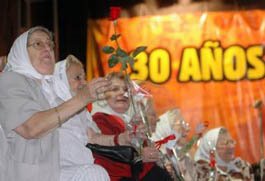
Two of our fellow grad students at NYU have put together a fantastic program that I urge you all to attend:
"Many people today agree that drug prohibition policies have failed to achieve their objectives both in the US and in Latin American countries. Is drug legalization a viable option? Are there any alternatives?"Keynote speaker:
Ethan NadelmannExecutive Director, Drug Policy AlliancePanelists:
Alvaro Vargas LlosaSenior Fellow, The Independent InstituteAnother panelist TBA
Moderator:
Patricio NaviaAdjunct Assistant Professor, CLACSWhen: Wednesday April 5, 2006, 12pm – 2pm
Where: KJC Auditorium, 53 Washington Square South, New York
To be followed by audience discussion.
* Lunch will be served. * Event co-organized by CLACS students. * To RSVP and for more information please contact
NYU_drug_policy@yahoo.com.
 The phenomenon of transnationalism has become increasingly apparent with advents in technology and economic globalization. For instance, videoconfencing services for immigrants trying to communicate with their homelands has grown, especially in urban centers such as
The phenomenon of transnationalism has become increasingly apparent with advents in technology and economic globalization. For instance, videoconfencing services for immigrants trying to communicate with their homelands has grown, especially in urban centers such as 











